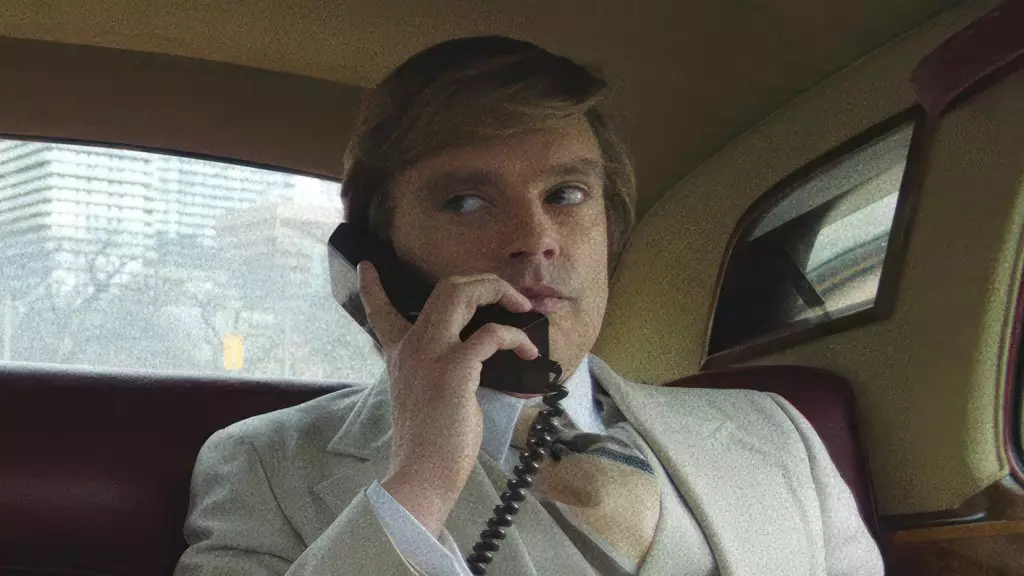As the release of “The Apprentice” approaches, anticipation builds around Sebastian Stan’s portrayal of Donald Trump, a character that presents both challenges and opportunities for an actor. Stan’s approach to this contentious role undoubtedly reflects the complexity of playing one of the most polarizing figures in recent history. A Golden Globe nominee, Stan seems to embrace the daunting task of stepping into Trump’s shoes, highlighting not only the need for preparation but also the potential emotional toll associated with method acting. Given the weight of the character, one can only speculate how much of his personal identity Stan may have had to surrender to craft such a controversial interpretation.
In recent interviews, Stan spoke candidly about the extensive preparation involved in embodying Trump for “The Apprentice,” which is scheduled to premiere in U.S. theaters on October 11, coinciding with the lead-up to the elections. His comments about research—accessing a plethora of footage and documentation—underscore the thoroughness required in preparing for a role that stands on such a high historical and political pedestal. Drawing a parallel between acting and playing an instrument, Stan emphasizes that mastery comes with practice and dedication, but one must question how far one should delve when portraying a figure whose actions and words are often widely debated and criticized.
“The Apprentice” showcases Trump’s rise to power, orchestrated through his relationship with Roy Cohn, played by Jeremy Strong. The film promises to peel back layers of political maneuvering and personal ambition, embodying a Faustian narrative that could appeal to both cinematic and sociopolitical audiences. However, the film’s premiere at the Cannes Film Festival, where it received a notably lengthy ovation, evidently stirred controversy, bringing a backlash from Trump’s camp with the issuance of a cease-and-desist letter aimed at halting its release. This dispute raises questions about the intersection of art and politics, continuing a heated debate on freedom of expression and the portrayal of living public figures.
The release of promotional materials, including the film’s trailer, further adds to the context of a politically charged climate, especially as it coincided with a high-profile television debate involving Trump’s opponent, Vice President Kamala Harris. It highlights how art can serve as a reflection—and potentially an influence—on real-world events. The expectations surrounding “The Apprentice” extend beyond entertainment; they encapsulate a moment in time where the realities of political division and media scrutiny play out on-screen and off.
At its core, “The Apprentice” endeavors not only to tell a story of ambition and ideological conflict but also to provide insight into the ethos of a nation divided. As Stan prepares for this role, one cannot help but ponder the broader implications of his portrayal and how it will resonate with both supporters and detractors alike in the ongoing saga of American politics.


Leave a Reply